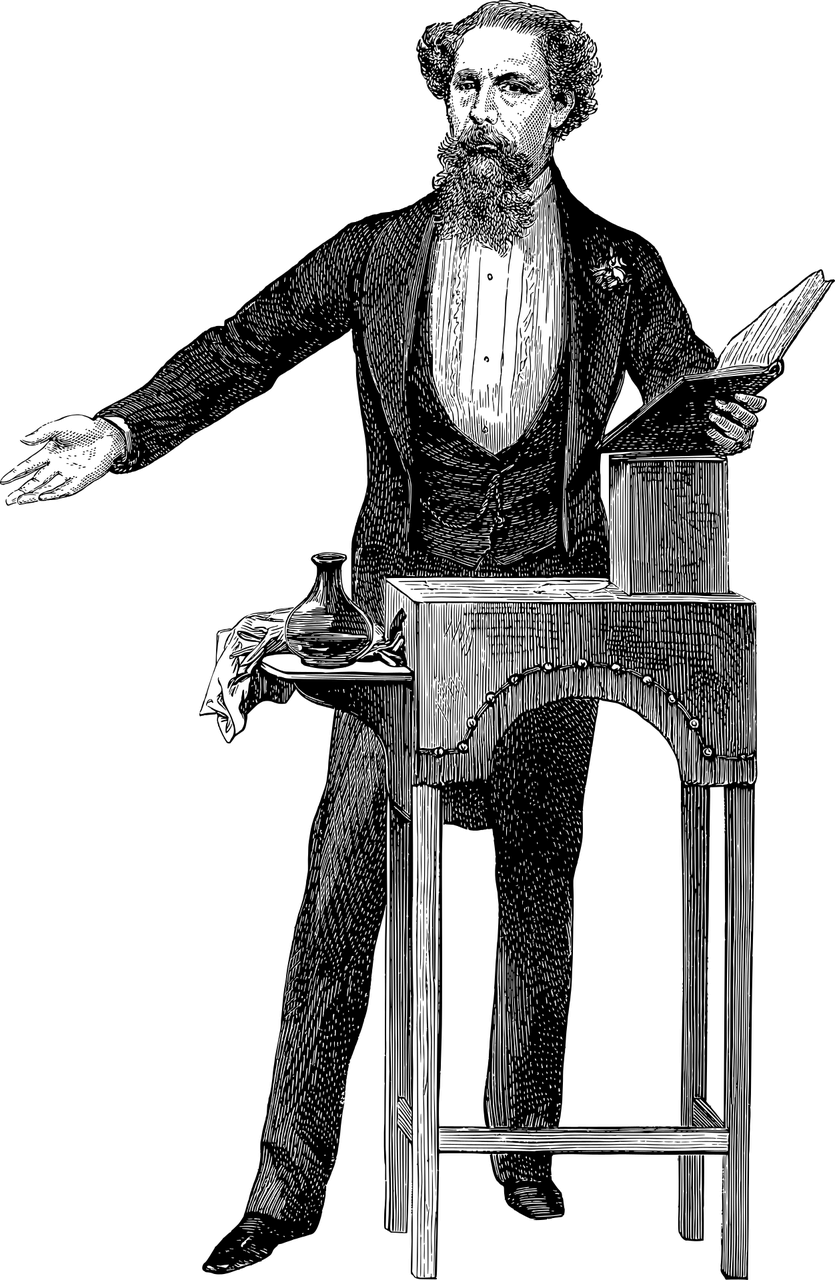George Orwells 1984 is a dystopian novel that has captured the imagination of readers since its publication in 1949

Considered a classic of modern literature, “1984” paints a terrifying picture of a totalitarian society where individualism is crushed and the government wields absolute power. In this in-depth article, we will explore the key themes, historical significance, and impact of Orwell’s masterpiece.
Introduction to “1984”:
In “1984,” Orwell presents a bleak future where the world is divided into three superstates: Oceania, Eurasia, and Eastasia, constantly at war with each other. The story revolves around the life of Winston Smith, a low-ranking member of the ruling party in Oceania. As Winston grapples with his growing disillusionment and desire for freedom, he becomes entangled in a forbidden love affair with Julia, an act of rebellion against the oppressive regime known as Big Brother.
Key Themes in “1984”:

1. Surveillance and Control: One of the central themes of “1984” is the pervasive surveillance and control exerted by the state. Big Brother monitors every aspect of citizens’ lives through telescreens, microphones, and informers, creating a world devoid of privacy and individual freedom.
2. Manipulation of Trut The government in “1984” controls reality by rewriting history and manipulating facts. The concept of “Newspeak” is introduced, where language is simplified and words are eliminated to limit people’s ability to express unapproved thoughts.
3. Totalitarianism and Power: “1984” serves as a chilling critique of totalitarianism and the abuse of power. The Party’s slogans, such as “War is Peace” and “Ignorance is Strength,” reflect its ability to control and manipulate the masses through propaganda and fear.
4. Individualism and Rebellion: Winston’s struggle for individuality and his rebellion against the Party highlight the importance of maintaining one’s autonomy and free will in the face of oppressive regimes.
Historical Context and Evolution of “1984”:
To understand the significance of “1984,” it is crucial to explore its historical context. Orwell, known for his keen observations of totalitarian regimes, drew inspiration from events unfolding in the mid-20th century. The rise of Nazi Germany and Stalinist Russia, coupled with the increasing fears of a surveillance state, influenced Orwell’s depiction of an oppressive future.
Since its publication, “1984” has remained a powerful and influential work of literature, resonating with readers across the globe. The novel has been translated into numerous languages and has sold millions of copies worldwide.
Impact and Legacy of “1984”:
“1984” has left an indelible mark on popular culture, with its concepts and terminology seeping into everyday language. Phrases like “Big Brother is watching” and “Thought Police” have become synonymous with oppressive surveillance and the erosion of privacy.
Orwell’s grim vision of a dystopian future has continued to resonate with subsequent generations, particularly in times of political upheaval or growing concerns about government surveillance. The novel serves as a warning against the dangers of unchecked power and the importance of preserving individual liberties.
In conclusion, George Orwell’s “1984” remains a seminal work that offers a chilling portrayal of a totalitarian society. Its exploration of themes like surveillance, control, and the manipulation of truth has had a lasting impact on literature and popular culture. As we navigate an increasingly digital world, “1984” serves as a stark reminder of the importance of safeguarding individual freedom and resisting the encroachment of oppressive regimes.
FAQ
What impact did George Orwells 1984 have on popular culture?
What is the main theme of George Orwells 1984?
Why is George Orwells 1984 still relevant today?
Flere Nyheder
Erhvervsfotografering i Aalborg: For virksomheder
Considered a classic of modern literature, “1984” paints a terrifying picture of a totalitarian society where individualism is crushed and the government wields absolute power. In this in-depth article, we will explore the key themes, his...
28 november 2025
Harmoni og inspiration med stjernetegn plakater
Considered a classic of modern literature, “1984” paints a terrifying picture of a totalitarian society where individualism is crushed and the government wields absolute power. In this in-depth article, we will explore the key themes, his...
07 juni 2024











